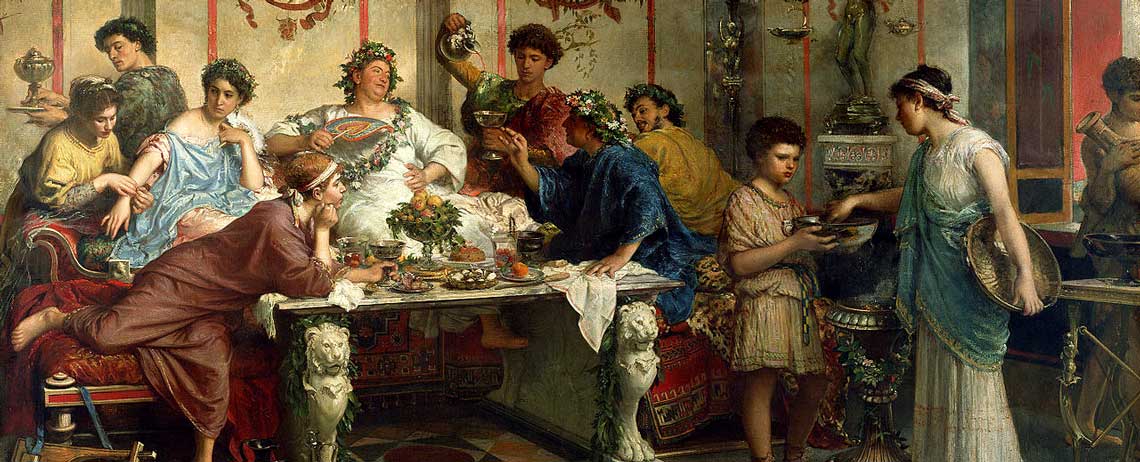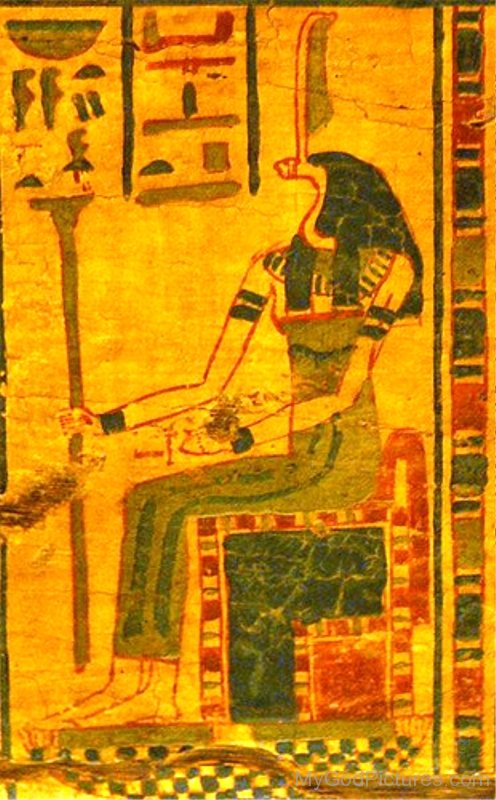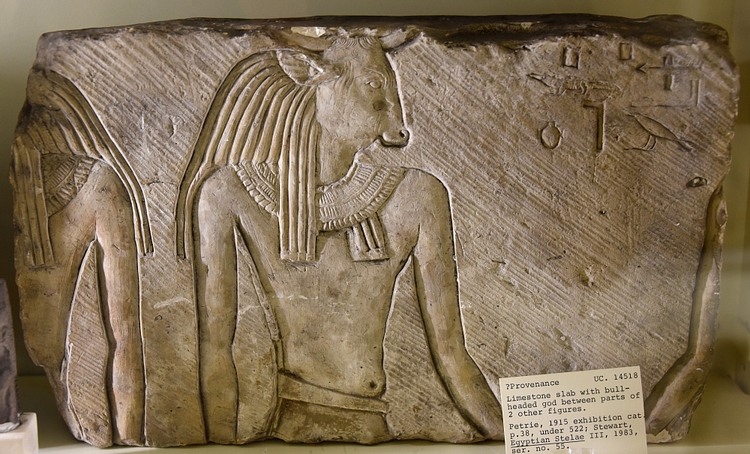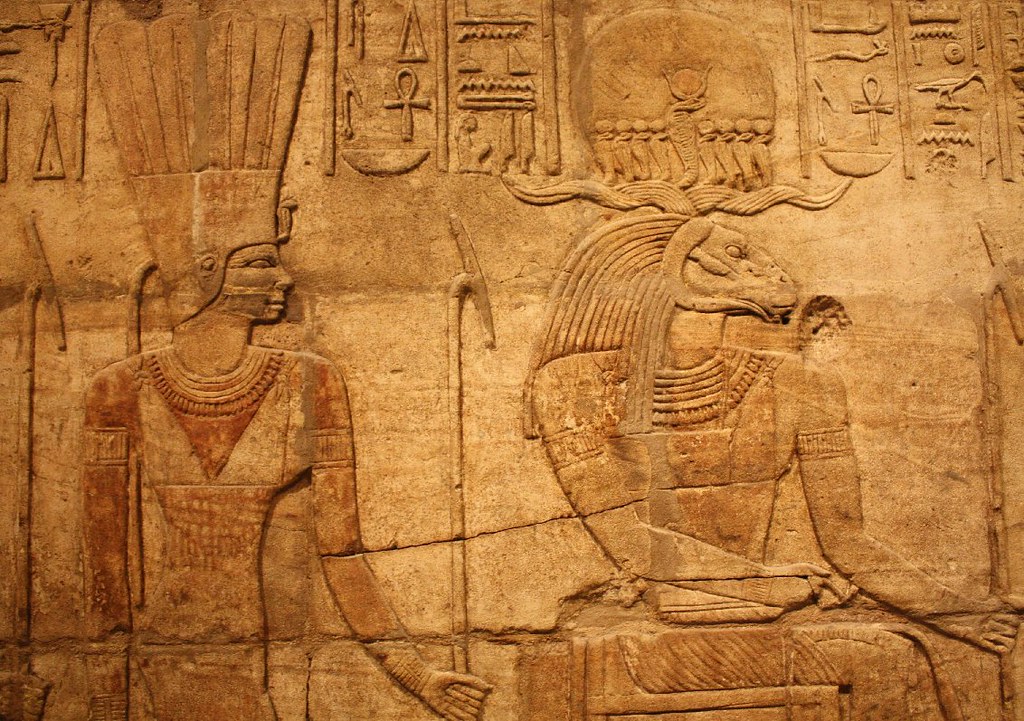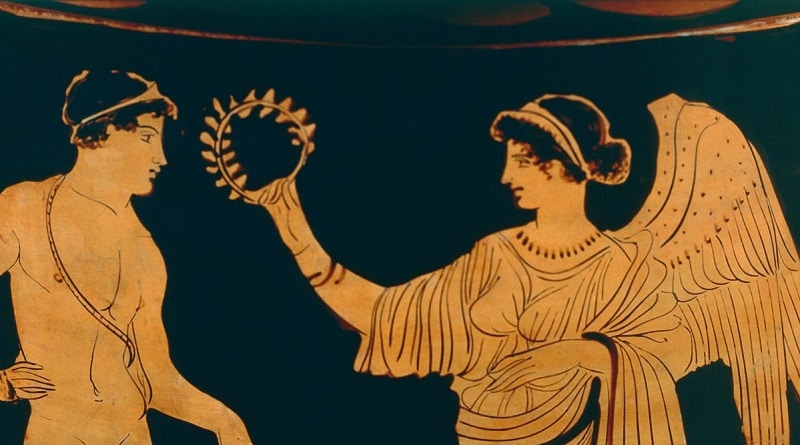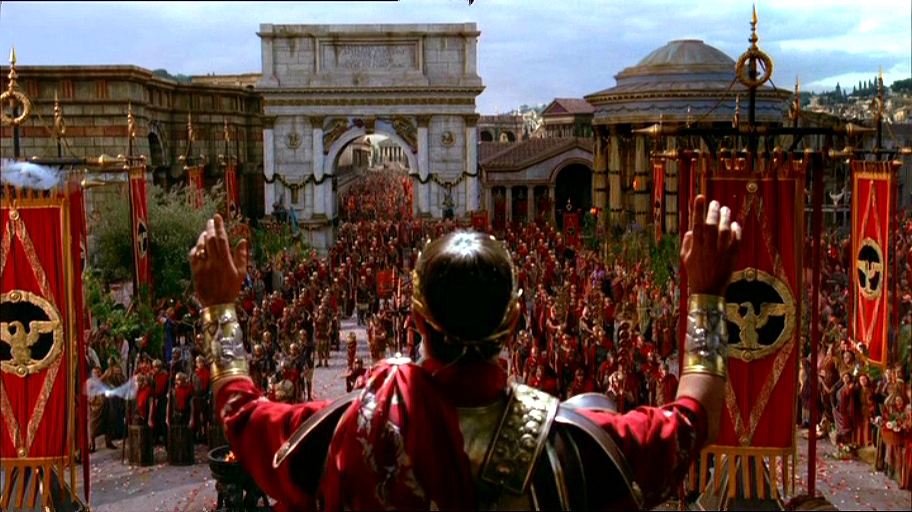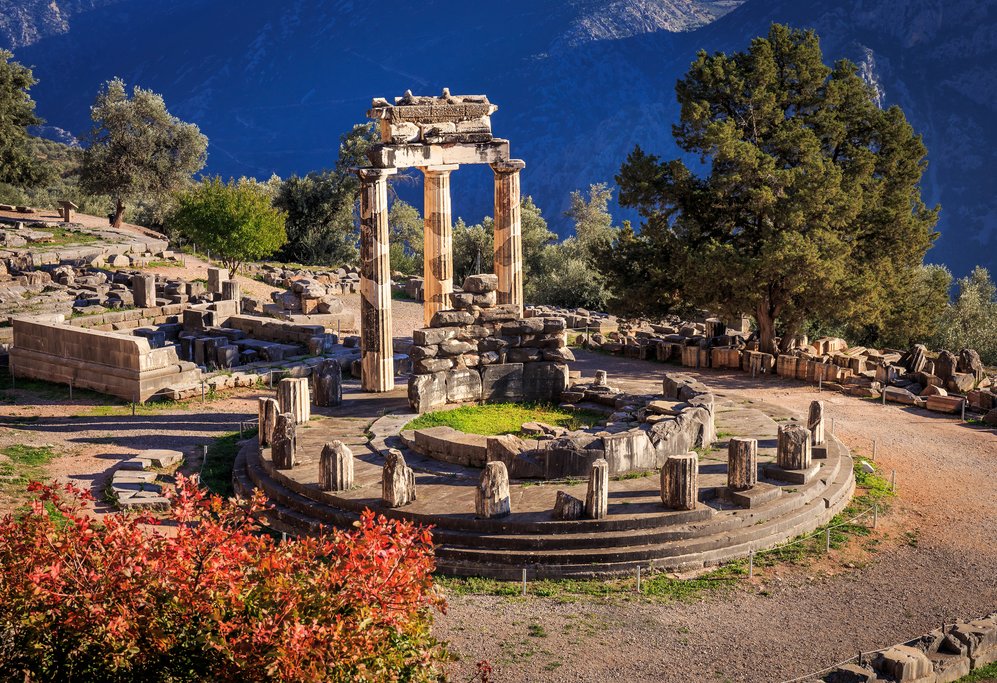11
Study #1 / Santiago 1:1-4, Part 1
« Last post by Hidden In Him on August 11, 2023, 11:29:48 PM »1 Santiago, siervo de Dios y del Señor Jesucristo, a las doce tribus que están en la dispersión: Salud. 2 Hermanos míos, tened por sumo gozo cuando os halléis en diversas pruebas, 3 sabiendo que la prueba de vuestra fe produce aguante. 4 Mas tenga el aguante su obra completa, para que seáis perfectos y cabales, sin que os falte cosa alguna. (Santiago 1:1-4)


 Welcome, Guest. Please
Welcome, Guest. Please  May 15, 2024, 07:44:31 PM
May 15, 2024, 07:44:31 PM Recent Posts
Recent Posts